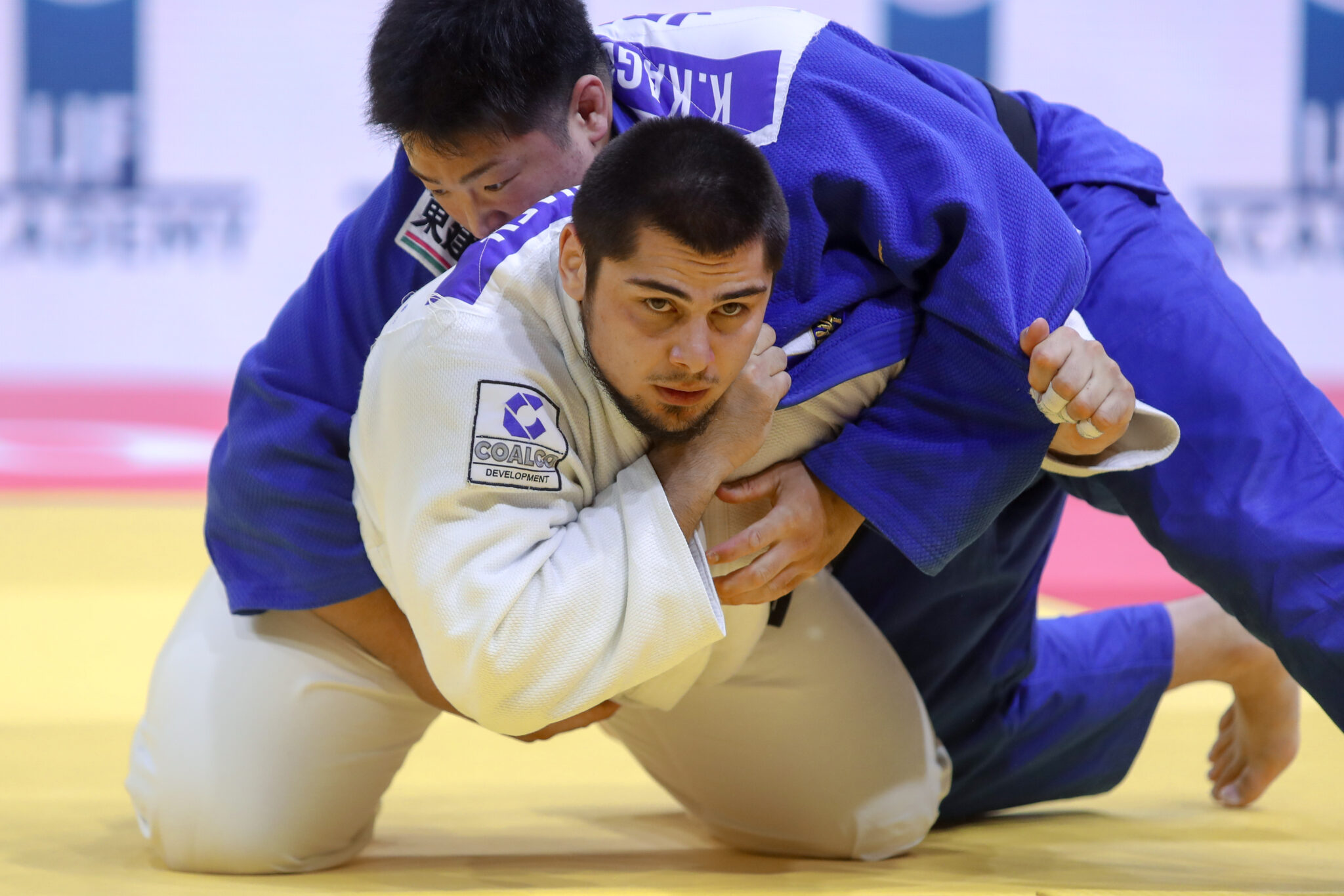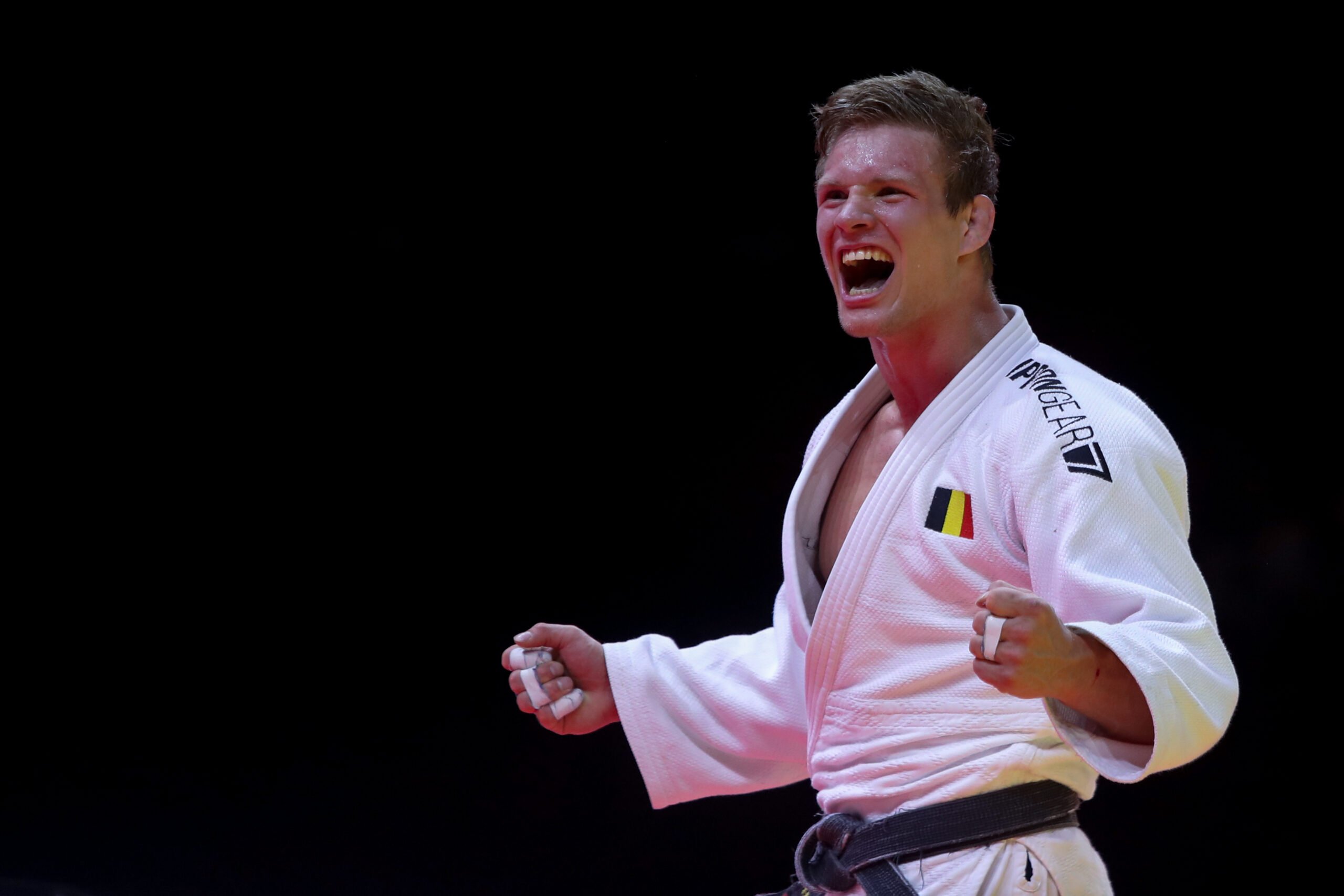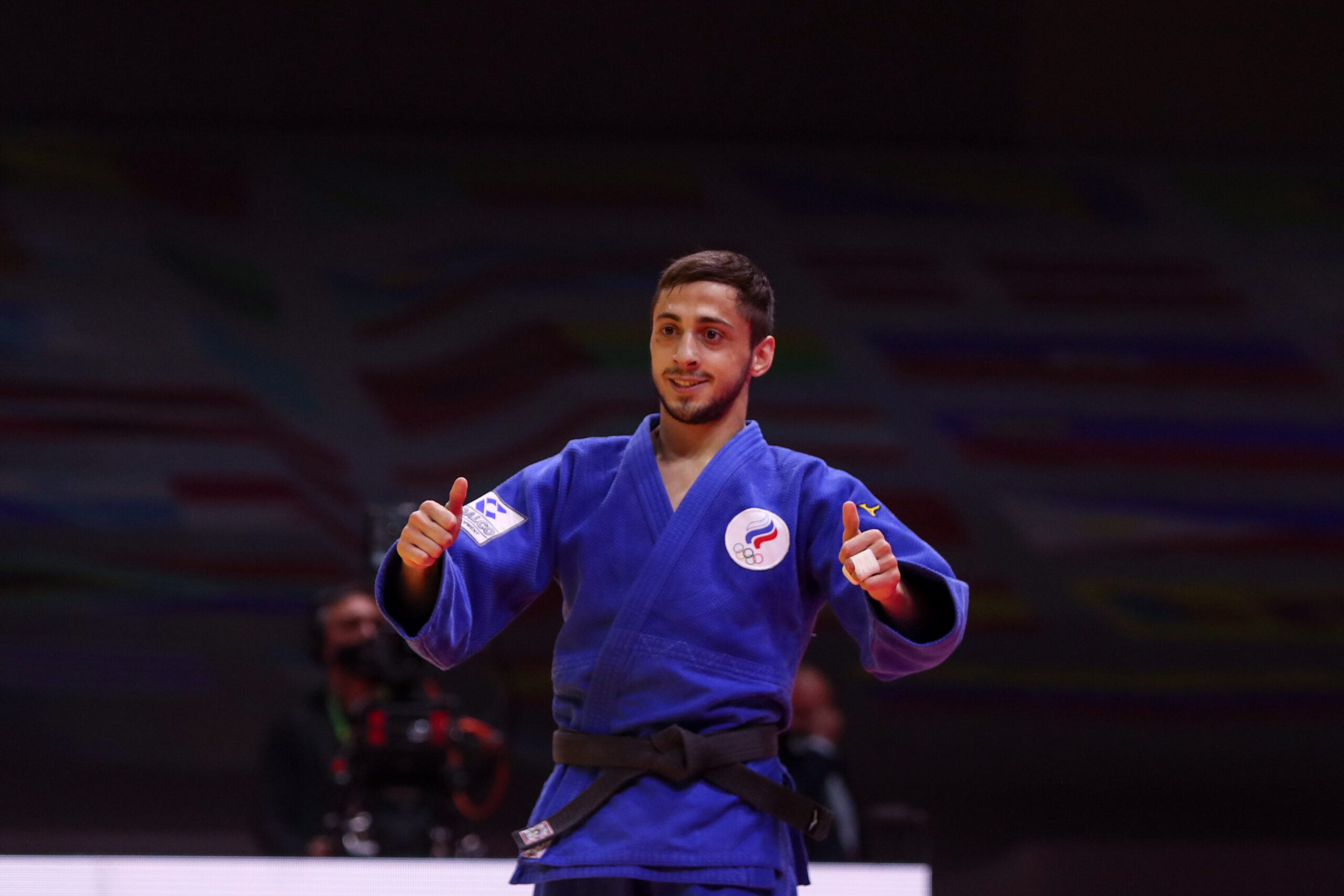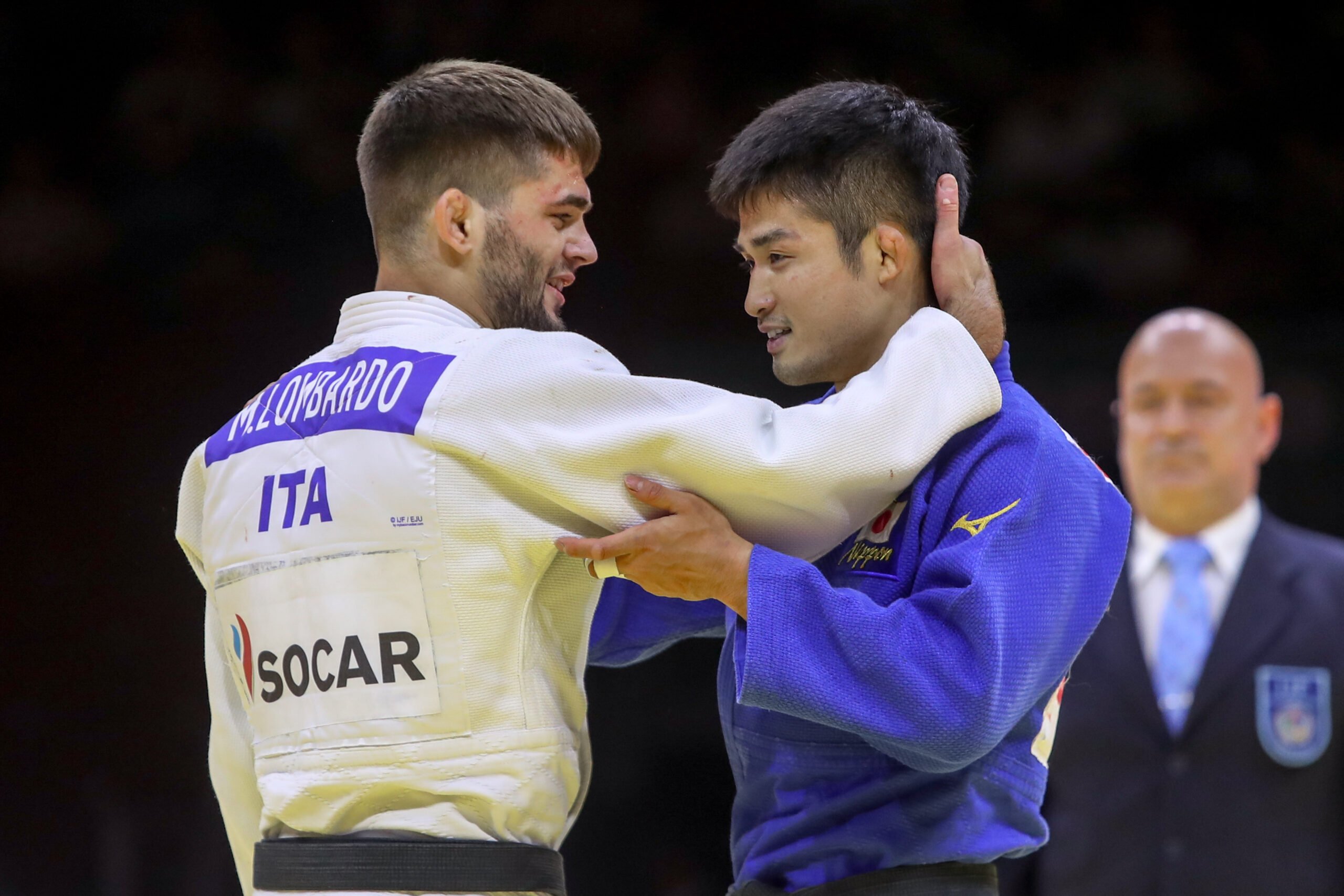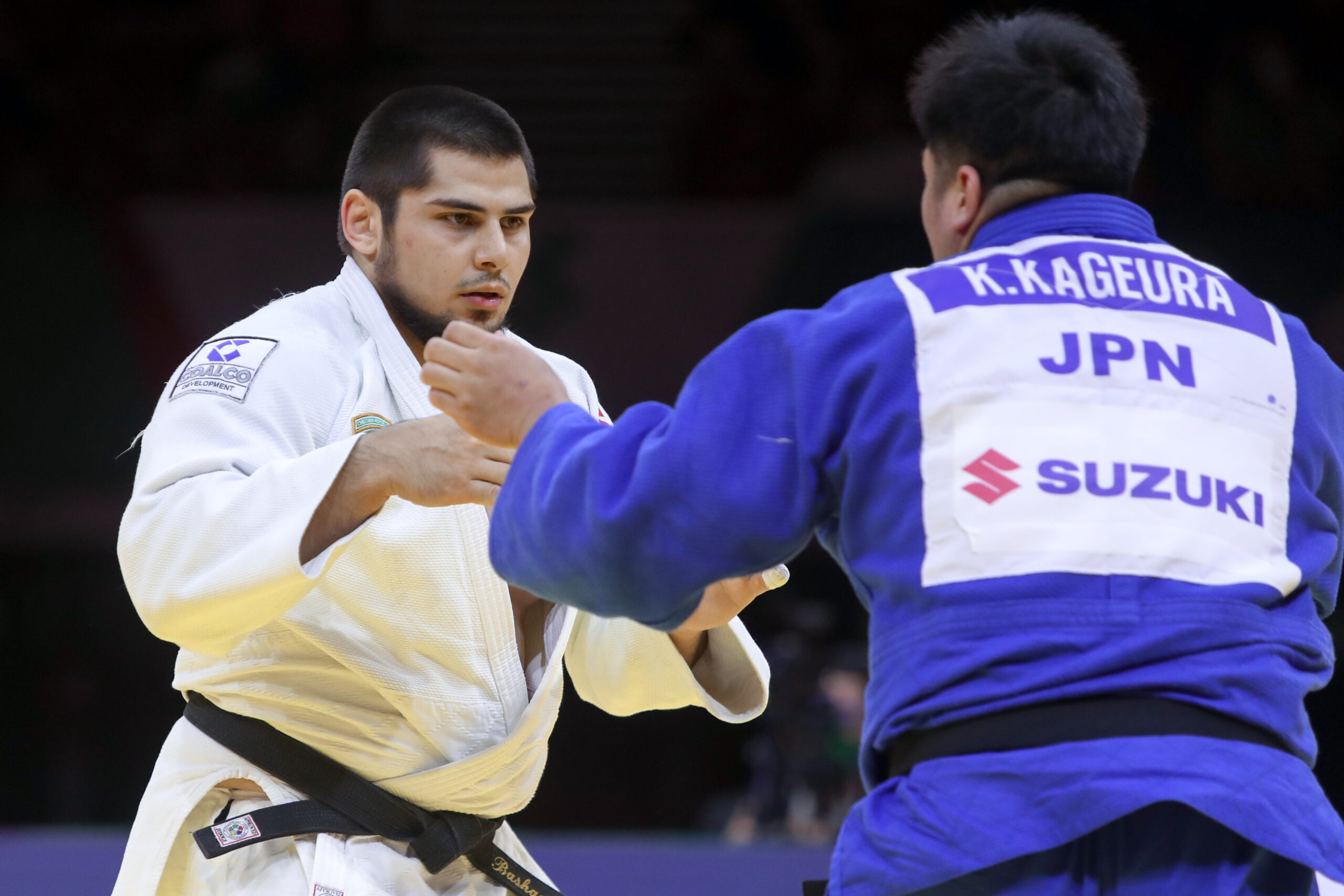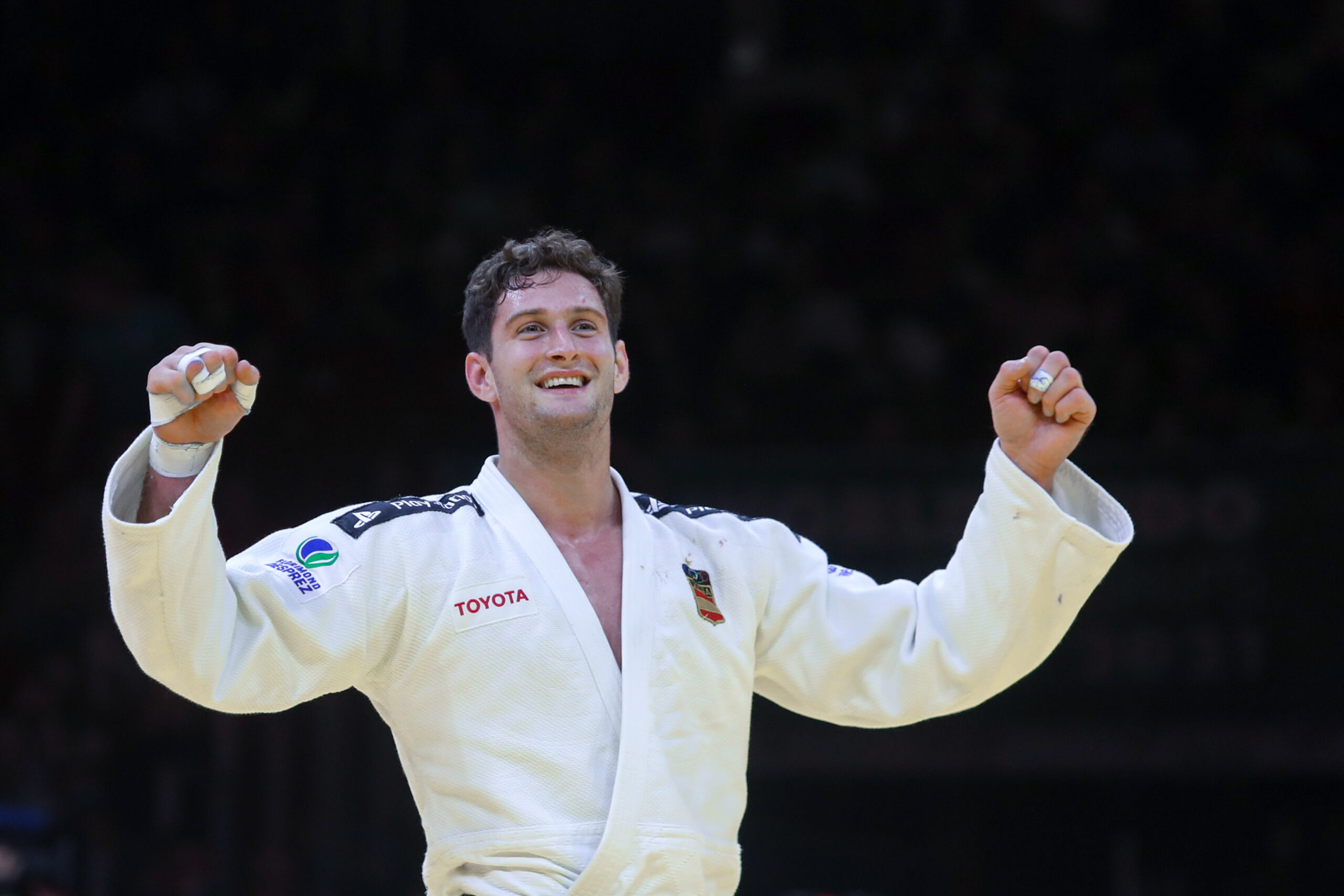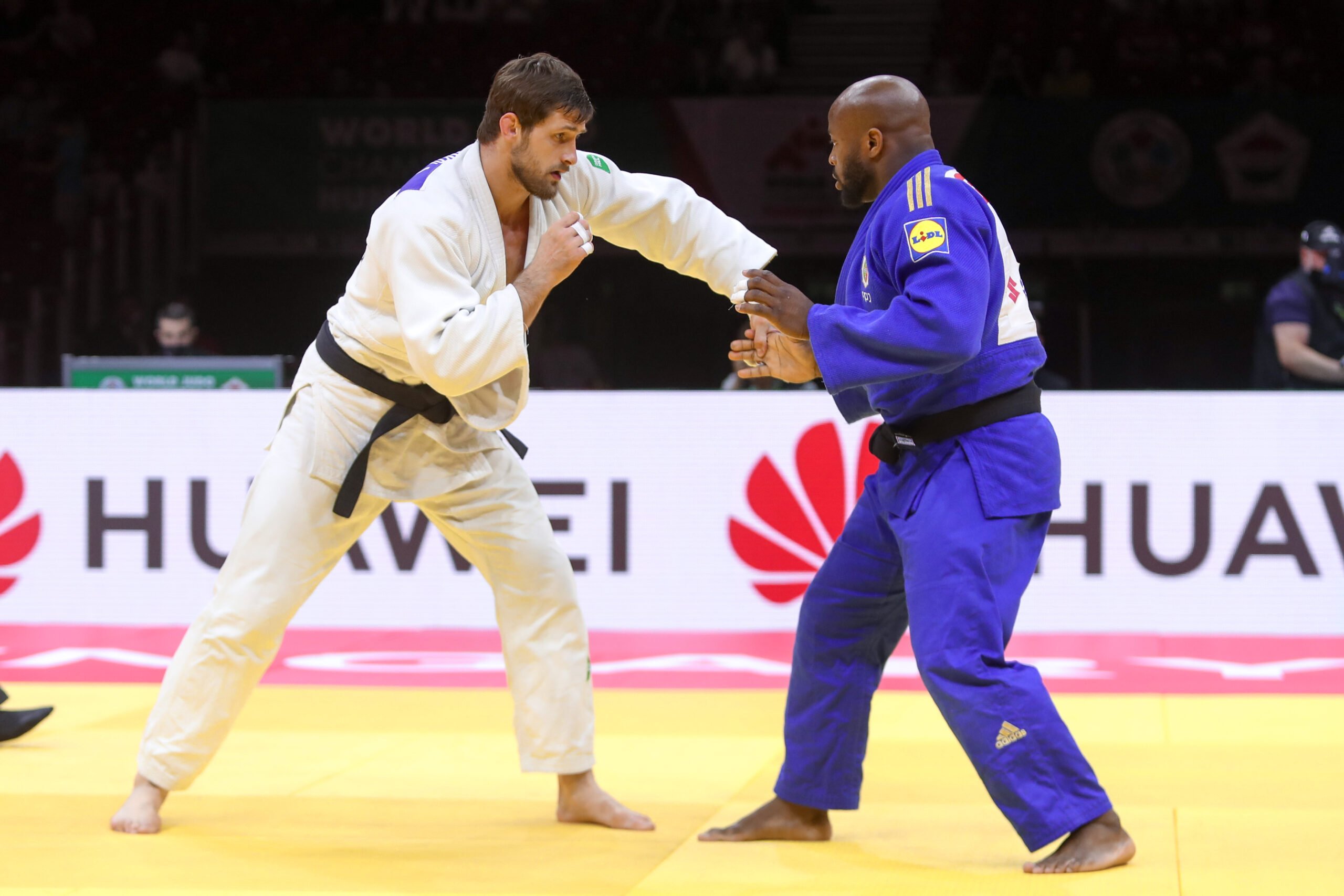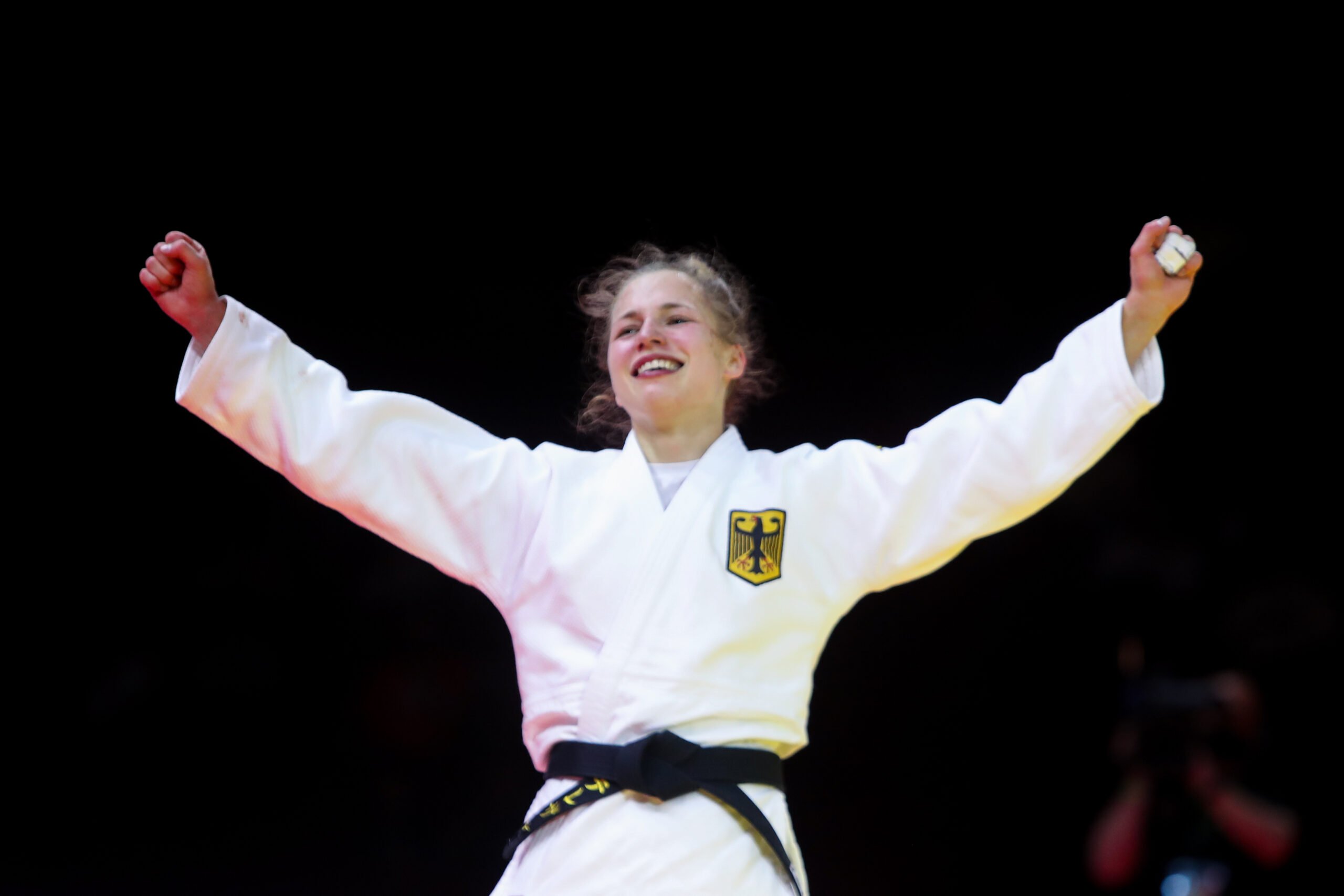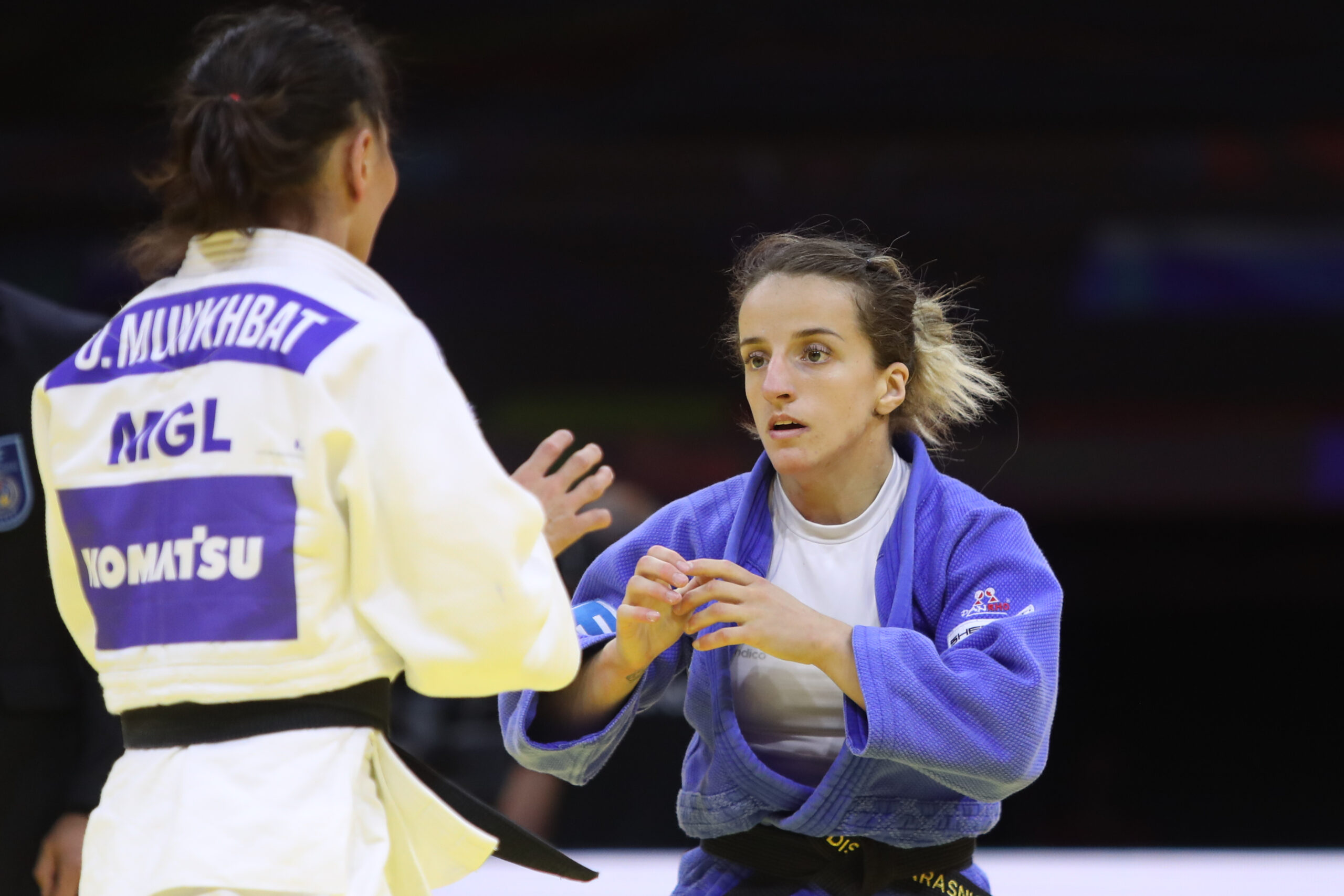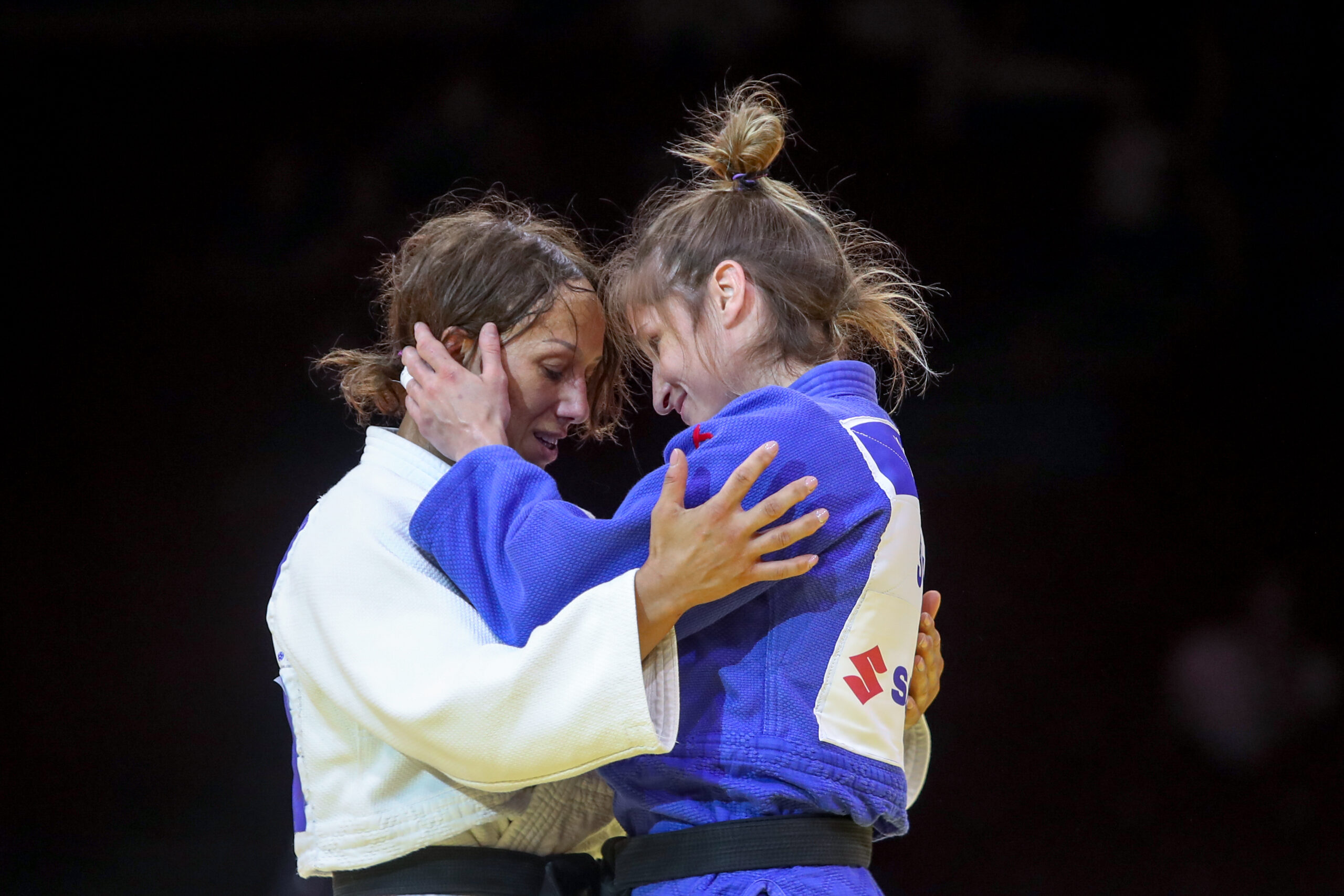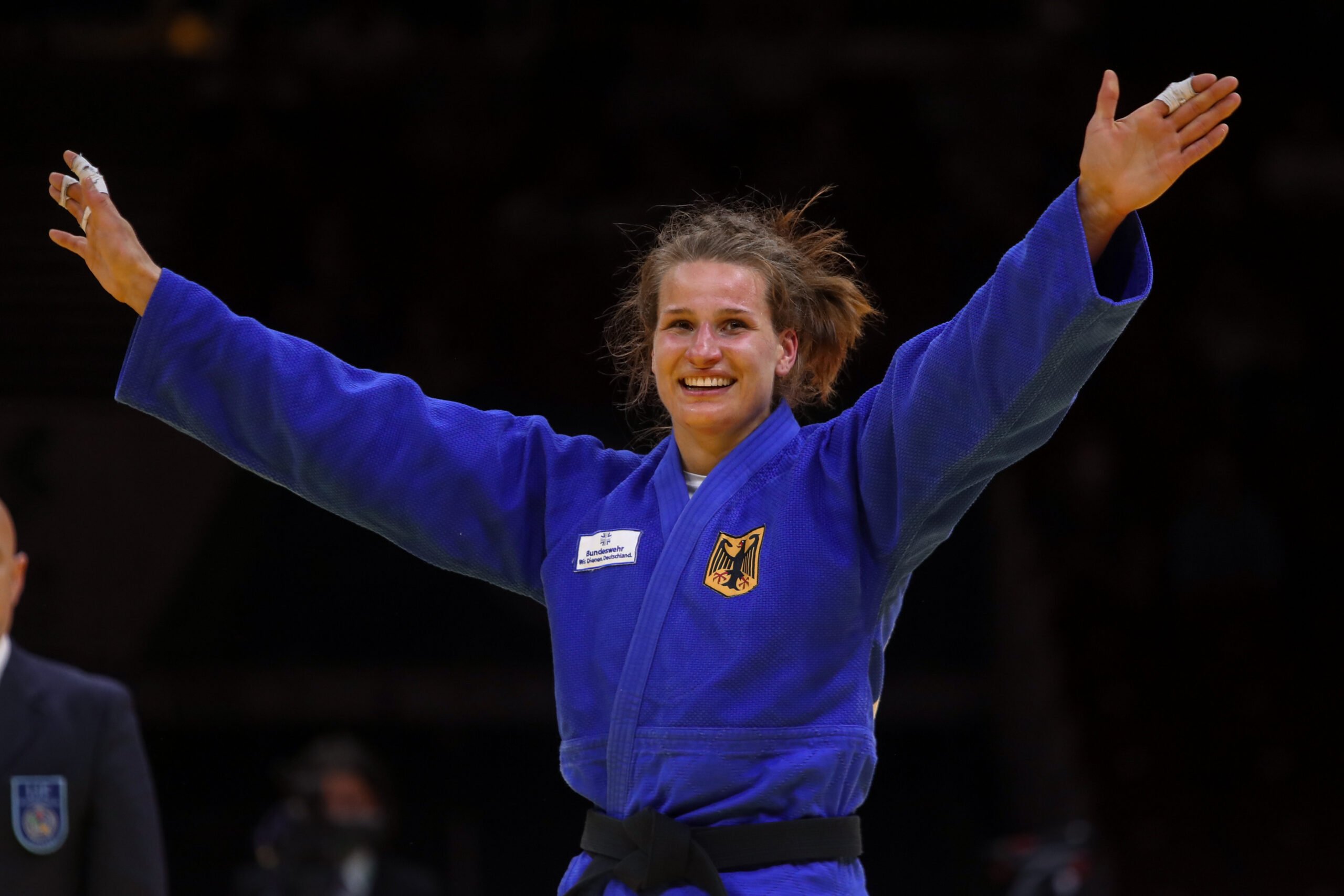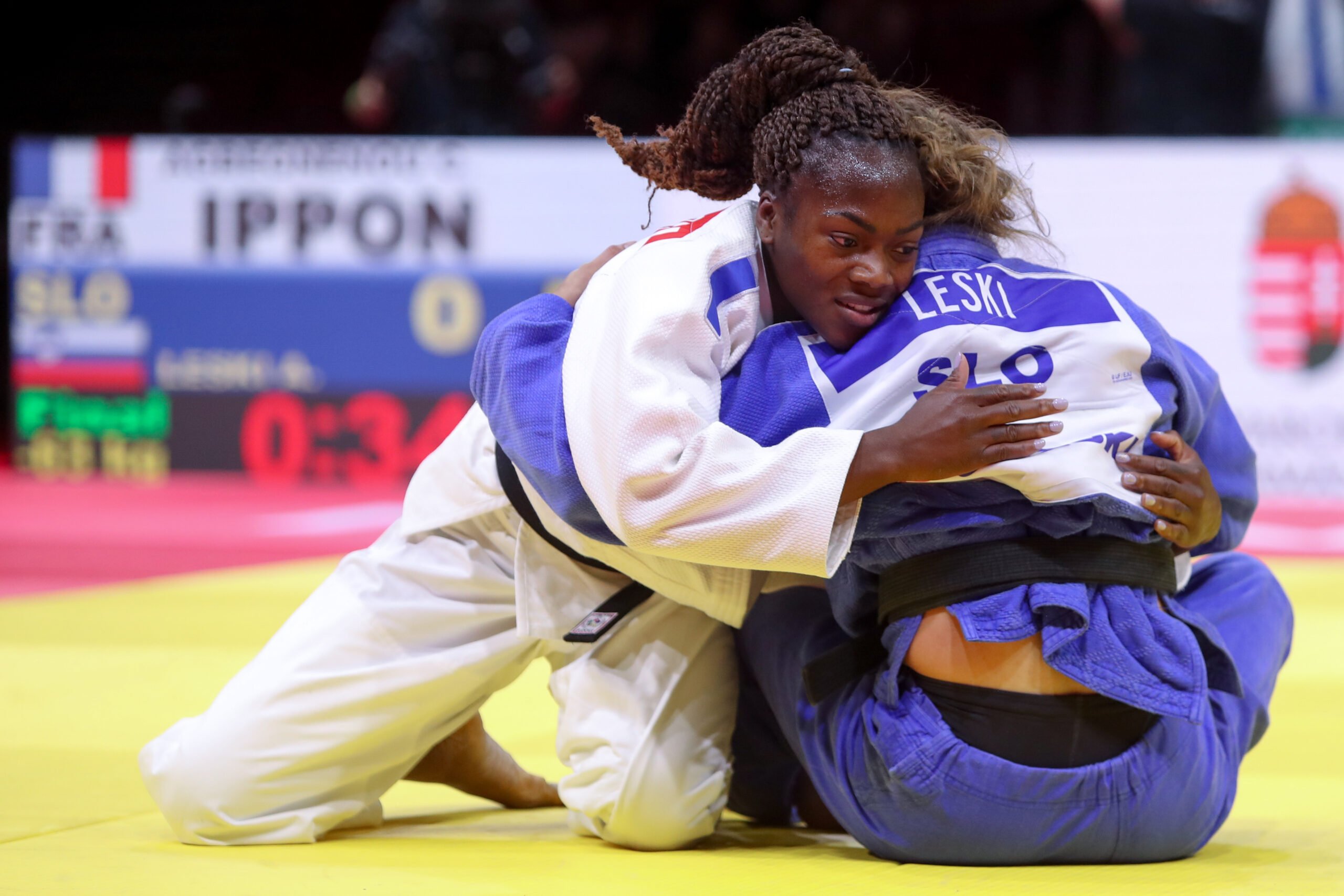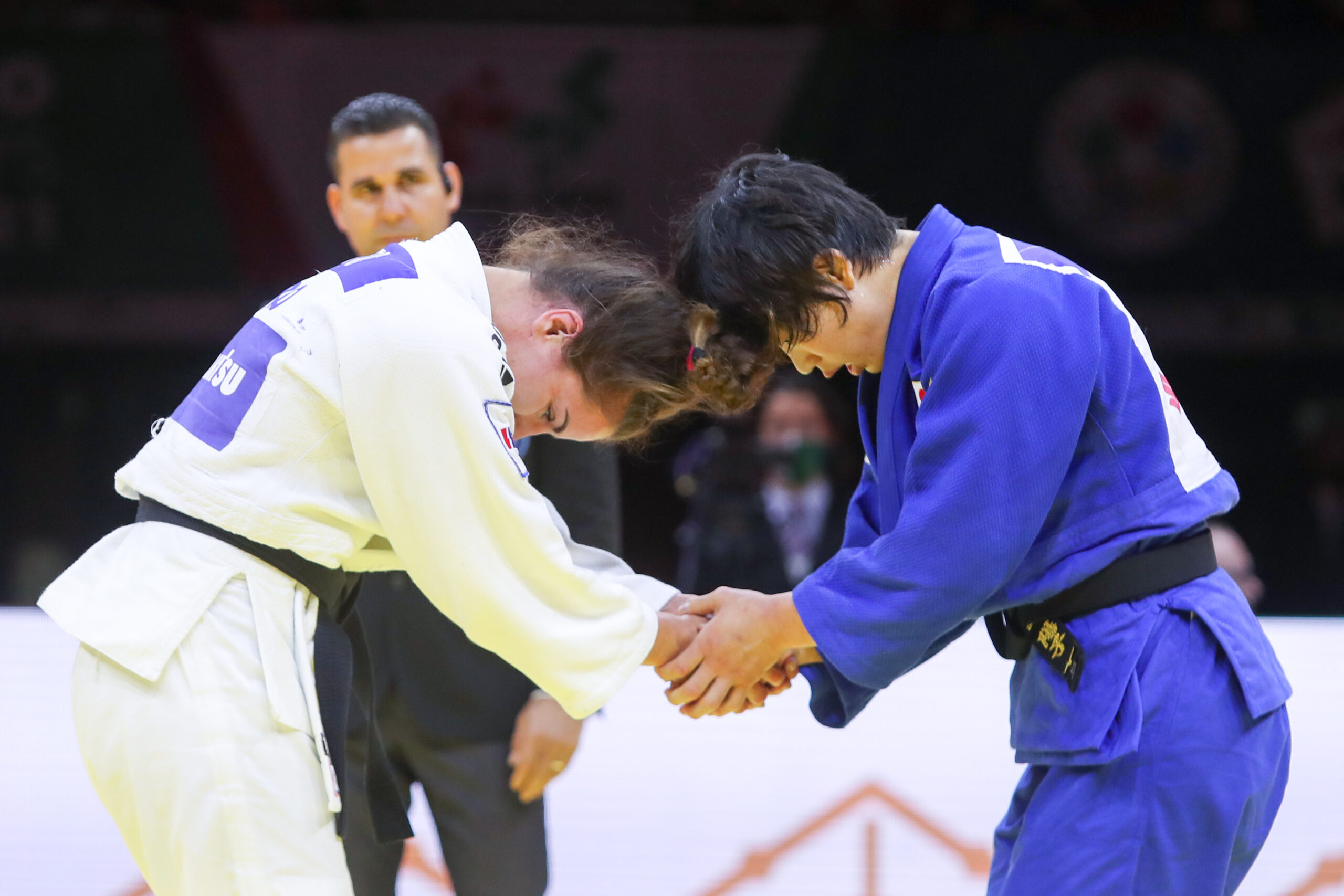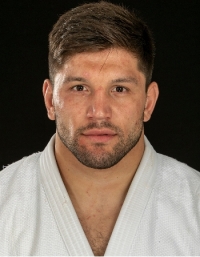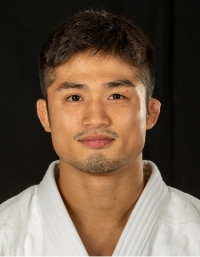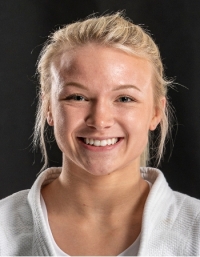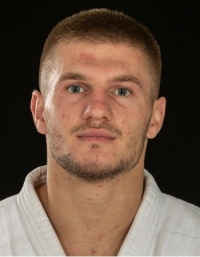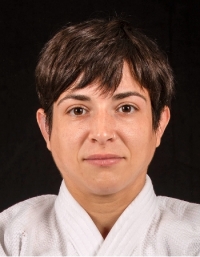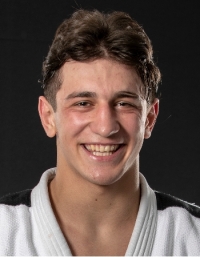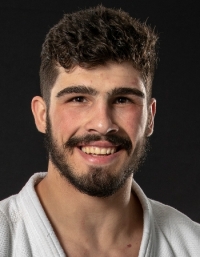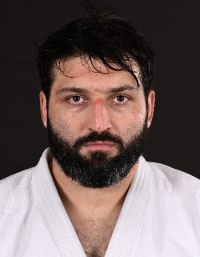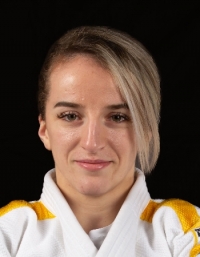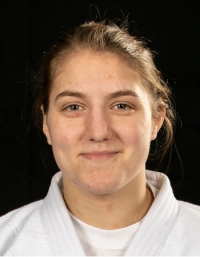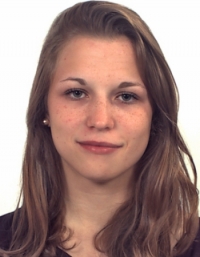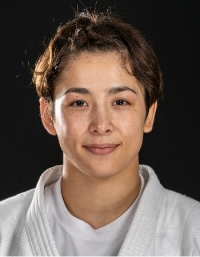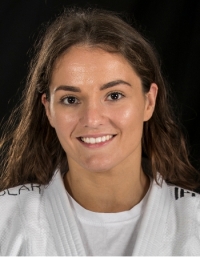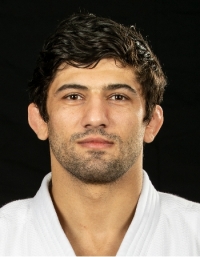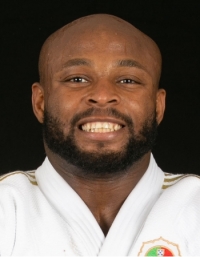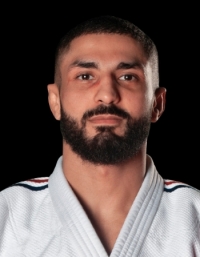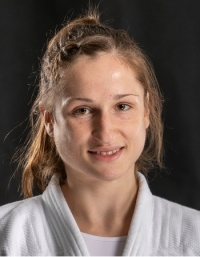ABULADZE’s win took him up seven places to number two, one place ahead of team mate Robert MSHVIDOBADZE (RJF). Having won two contests in Budapest Yanislav GERCHEV (BUL) moved up five places to claim a qualification spot. Walide KHYAR (FRA) moved up five places but narrowly missed out on snatching the number eight spot.
Manuel LOMBARDO (ITA) narrowly missed out on the gold medal but his silver medal means that he remains world number one. Bronze medal winner Yakub SHAMILOV (RJF) moved up three places but despite his success will still not be one of the top eight seeds.
In taking the gold medal Lasha SHAVDATUASHVILI (GEO) climbed nine places and will likely be the number two seed behind Rustam ORUJOV (AZE). Tommy MACIAS (SWE) will be happy that his silver medal in Budapest lifted him four places and will see him as number four seed. The round two loss suffered by Akil GJAKOVA (KOS) keeps him out of the top eight seeds.
With his gold medal in Budapest Matthias CASSE (BEL) cemented his place as world number one and will be number one seed in Tokyo. Robin PACEK (SWE) won his first round contest in Budapest but was unfortunate to lose in round two against eventual silver medallist Tato GRIGALASHVILI (GEO). The Swedish athlete will have to wait for confirmation regarding qualification. Grigalashvili meanwhile moves up one place and will be seeded number three instead of number four. This puts the Georgian in the same half as number two seed Sagi MUKI (ISR) rather than Casse.
In taking his second world title Nikoloz SHERAZADISHVILI (ESP) ensured that he would be number one seed in Tokyo. Current European champion Lasha BEKAURI (GEO) did not compete in the individual event in Budapest but did compete in the teams where he suffered a shoulder injury. Hopefully it will not keep him out of the Games where he will be seeded number four. Should Bekauri be unable to compete the Georgians can look to Beka GVINIASHVILI (GEO) who is in a qualification spot and would be seeded number seven.
Jorge FONSECA (POR) proved that Tokyo 2019 was no fluke when in Budapest he won his second world championship title. The win helped him to climb five places and he will be seeded number two behind six time world medallist Varlam LIPARTELIANI (GEO).
Tamerlan BASHAEV (RJF) has given the Russian Judo Federation selectors a really difficult choice to make. His silver medal in Budapest sees him climb to the top of the world ranking list. It would be difficult to see the Russians leaving Bashaev at home despite the undeniable strength of Inal TASOEV (RJF) who would be seeded in the top four should the latter be selected.
There were very few changes in the -48kg category. Distria KRASNIQI (KOS) finished fifth in Budapest, high enough to makes sure that she is number one seed in Tokyo. Shirine BOUKLI (FRA) almost snatched a seeded position but her quarter final loss to Julia FIGUEROA (ESP) and subsequent loss to MUNKHBAT Urantsetseg (MGL) in the repechage means that the French athlete will be unseeded.
The -52kg category will see Europe in almost total control of the top eight seeded positions. Double world champion ABE Uta (JPN) is the only non-European athlete to make into the top eight (she will be seeded number three). Silver medallist Ana PEREZ BOX (ESP), and bronze medallist Gefen PRIMO (ISR) both climbed six places to secure places in the top eight. We will have to wait to hear the fate of bronze medallist Fabienne KOCHER (SUI) who also managed to climb six places with regard to whether she is selected ahead of team mate Evelyn TSCHOPP (SUI), who she leads by one place on the world ranking list.
The story in the -57kg category really centred on the battle between Christa DEGUCHI (CAN) and Jessica KLIMKAIT (CAN). In the end a head-to-head was not required as world number four TAMAOKI Momo (JPN) accounted for Deguchi in the semi-final. Theresa STOLL (GER) then inflicted the final blow when in the bronze medal contest she defeated Deguchi moving the German up five places and into one of the top eight seeded positions for Tokyo.
Clarisse AGBEGNENOU (FRA) would have remained world number one even had she stayed at home and allowed her nearest rivals to collect the 2000 points on offer for a gold medal in Budapest. In fact even the points for two gold medal wins would not have been sufficient to overhaul the five times world champion so far ahead is she. In the end it was Juul FRANSSEN (NED) who, despite a first round loss to 19-year old junior world champion OZBAS Szofi (HUN), managed to hold on and keep a place among the top eight seeds for Tokyo.
A gold medal saw Barbara MATIC (CRO) make history for Croatia as well as jump eight places and secure a place as number four seed in Tokyo. Anna BERNHOLM (SWE) was absent but the Swedish athlete will have sufficient points to ensure that she is in the top eight seeds. Six of the top eight seeds will be Europeans.
There was very little movement in the -78kg category with Anna Maria WAGNER (GER) taking the gold medal yet remaining behind Madeleine MALONGA (FRA) who the German defeated in the final. Malonga will be the number one seed in Tokyo where Wagner, newly crowned as world champion, will be seeded number three behind former world champion HAMADA Shori (JPN).
The +78kg category was the only one where Europe failed to win a medal. Europe’s top seeds will return for Tokyo but the likes of Iryna KINDSERSKA (AZE), Romane DICKO (FRA) and Kayra SAYIT were sorely missed.
Judoka
Author: Sheldon Franco Rooks



